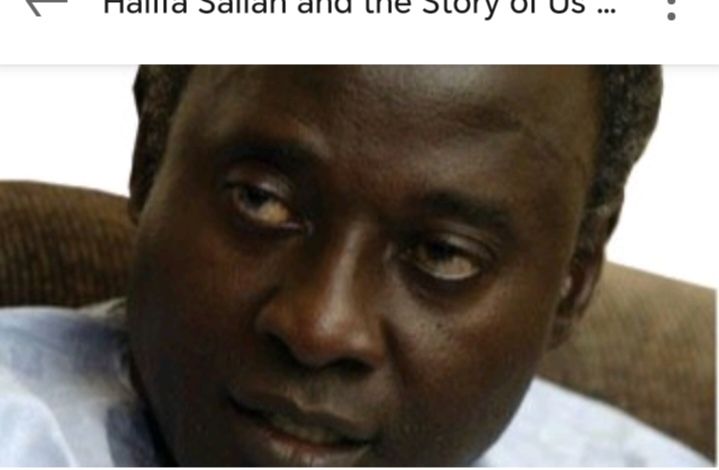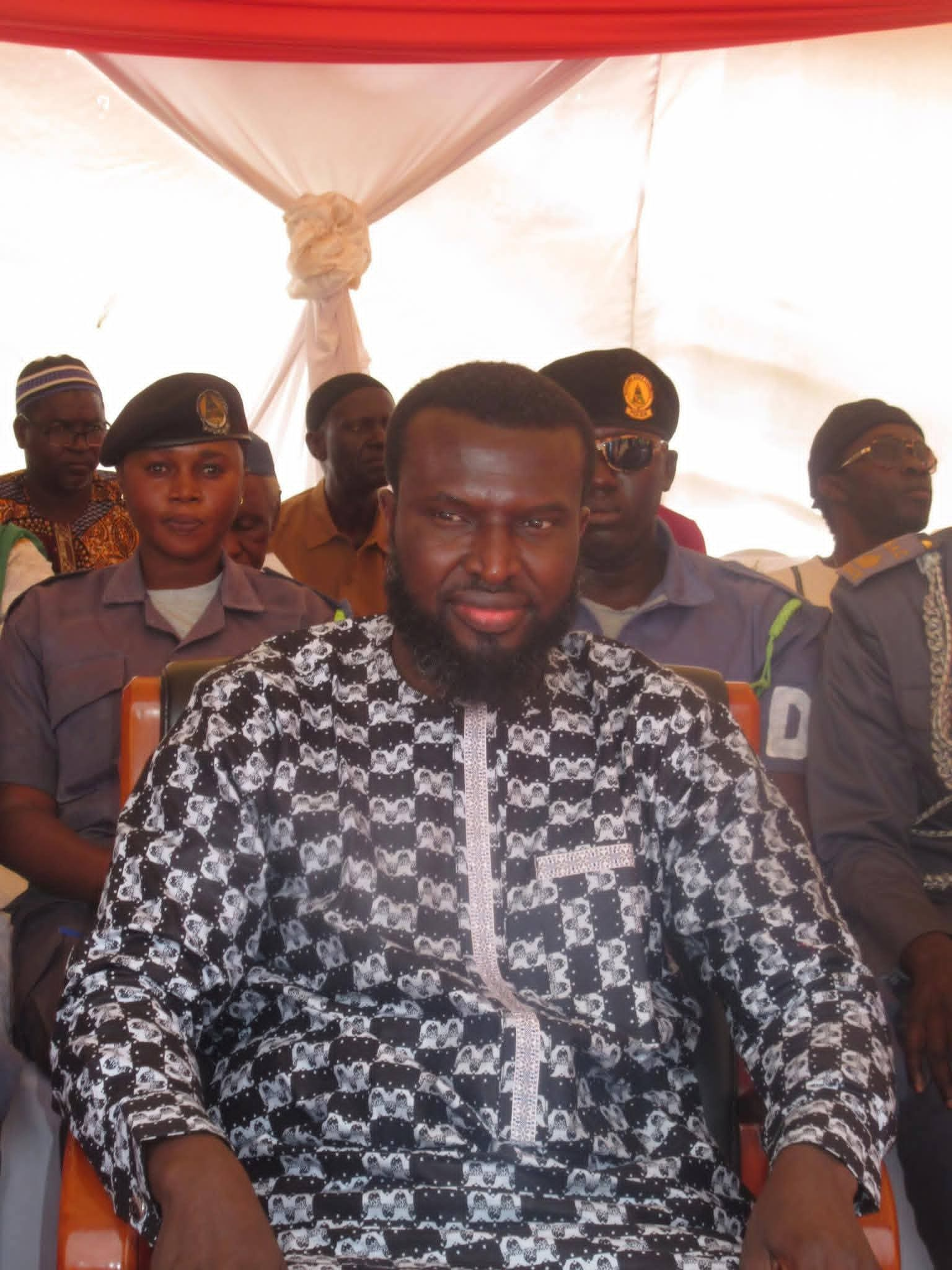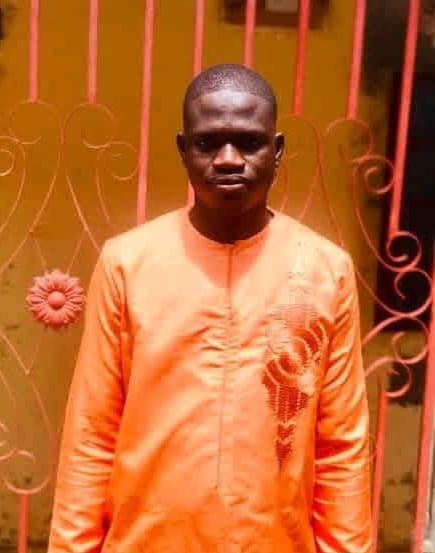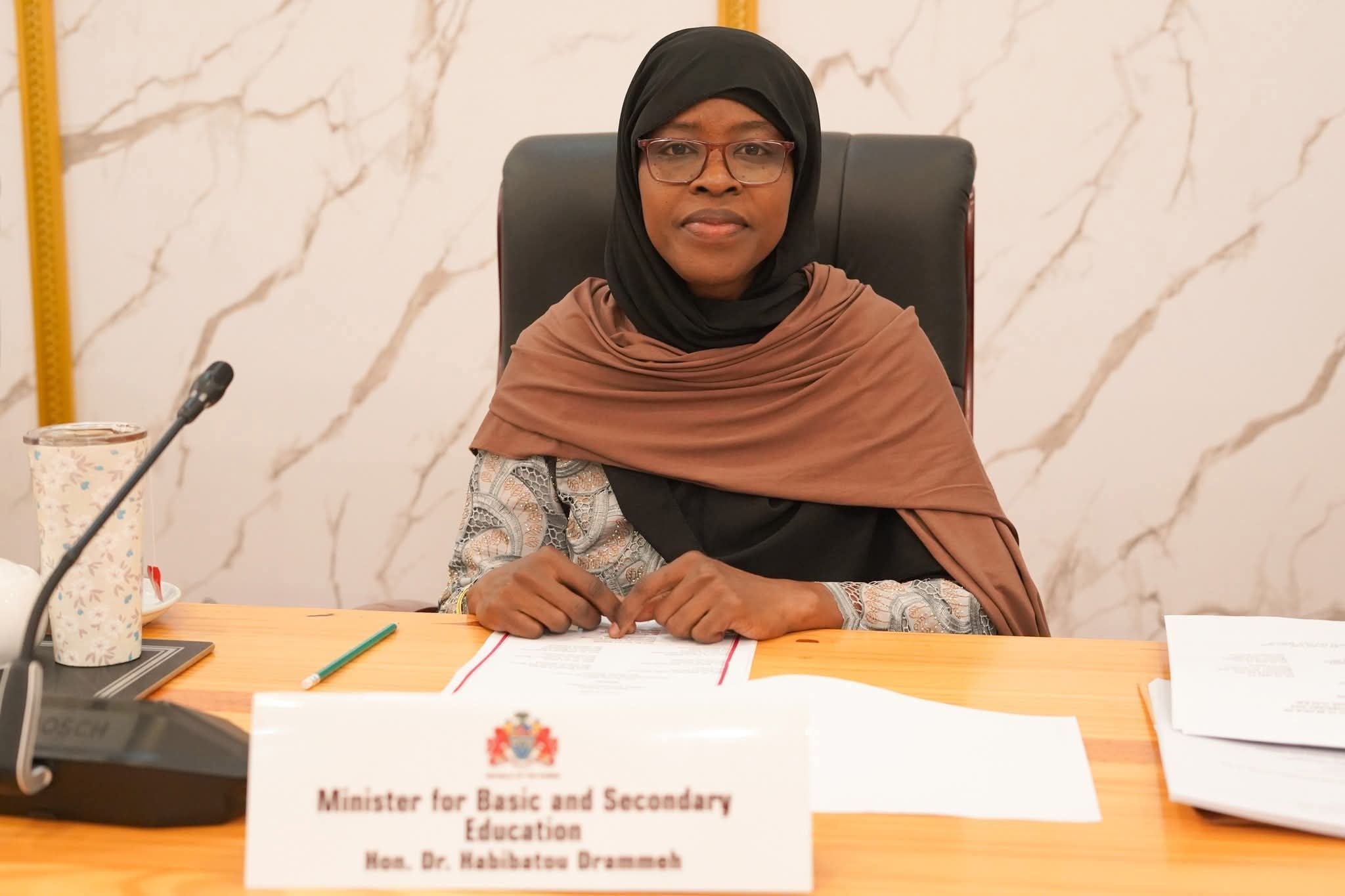By Edrissa Mass Jobe
In every nation’s story, there is always a protagonist — a central figure through whose courage and conviction we glimpse the moral possibilities of our people. In The Gambia, that figure is Halifa Sallah. But to write about Halifa, or Sam Sarr, or Sidia Jatta, is to write also about ourselves, about an entire generation and the tapestry of lives, ideas, and choices that intertwined at a singular moment in history.
Because in a small country like The Gambia, no story belongs to one person alone. Every story touches everyone — irrespective of age, ethnicity, or geography. Every experience, however personal, becomes a shared echo across families, communities, and generations. Our nation is so small that history cannot be divided into private compartments; each action ripples through us all.
And yet, for all our shared experiences — our everyday struggles and triumphs — we have failed to weave these threads into a coherent national identity. We remain a mosaic of tribes, faiths, and regions, but not yet a unified story of nationhood.
The Unfinished Project of Nationhood
When The Gambia achieved independence in 1965, even our birth as a nation was greeted with doubt. Many questioned our viability — our size, our geography, our capacity to govern ourselves. The book Enter the Gambia, perhaps the first and only book ever banned in our history, captured those early anxieties. It challenged our intellectual complacency, forcing us to confront the uncomfortable question: What does it mean to be Gambian?
Those early years should have been our crucible of identity — the time to define ourselves as more than a riverine colony left behind by empire. Yet instead, we became cautious, preferring harmony over honesty. We avoided the complex debates about class, justice, and belonging that could have forged a stronger national consciousness.
It was within this vacuum that figures like Halifa Sallah, Sam Sarr, and Sidia Jatta emerged — thinkers who refused to accept a passive nationalism. They argued that independence must be more than a flag and an anthem; it must be the liberation of the mind. They sought to imbue citizenship with moral content, to awaken a people lulled by politeness into political apathy.
From the First Republic to the Age of Disillusionment
After the 1981 uprising, President Sir Dawda Kairaba Jawara restored order and, to his enduring credit, preserved an environment where leadership could thrive. It was a tolerant republic — one where dissent was permitted, where intellectuals argued publicly, and where merit still mattered.
It was, in many ways, a golden era of ideas. High Schools and public offices teemed with debate. Civil servants, the likes of Ebou Manneh, Hatib Njie, and Melville George, were scholars, politicians, and gentlemen. Gambians of ability rose by competence, not connection. That environment nurtured a generation of thinkers and professionals — people who could stand toe-to-toe with their peers across Africa.
However, that same environment also gave rise to a diaspora of brilliance. Many of us — educated, articulate, and ambitious — were lured away. Our political, technical, and cultural acumen enabled us to engage with foreign institutions, public offices, and corporations across the continent. In our departure lay both pride and tragedy: we found opportunity, but our absence hollowed the intellectual and moral core of the nation.
It created a vacuum — a space where dictatorship could thrive without sustained resistance. There was no critical mass left to challenge tyranny with knowledge and courage. (Read my article Prone to Dictatorship)
Only Halifa Sallah remained. When others ran, he stood. When silence seemed safer, he spoke. He became the last sentinel of moral politics, the unwavering conscience of a nation adrift.
And history, as if testing his resolve, repeated itself in 2016. Once again, when Yahya Jammeh refused to step down, and many sought refuge in Senegal, Halifa stayed. Calm amid crisis, steadfast amid fear, he once again became the moral centre of the Republic, guiding the transition with reason and dignity. Never at once did he urge the grateful population, reminding them to believe that the President would go or become a rebel. We never understood, yet we think because Halifa knows.
The Mirror and the Measure of Our Time
To write about Halifa Sallah is not to build an altar for one man, but to hold up a mirror to ourselves. His life forces us to confront what we have lost — the intellectual courage, civic responsibility, and moral discipline that once defined our nation’s best minds.
In every era, The Gambia has produced men and women of conscience — in kirinting houses and mud huts, in classrooms and community centres — who quietly served their people, shunning wealth and status. They were often misunderstood, sometimes mocked, yet they embodied the timeless truth of Confucius:
“In a well-governed society, one should be ashamed of being poor; but in a poorly governed society, one should be ashamed of being rich.”
We have too often neglected these modest souls, instead celebrating the loud, the lavish, and the fleeting. But history, with its long memory, will return to honour them — the quiet guardians who lived by principle when it was unfashionable to do so.
The Need for a National Monument — and a National Memory
I believe that a monument should be built at Halifa Sallah’s sitting corner — not of marble or grandeur, but of gratitude and reflection. A place where students can sit and learn that leadership is not noise but conscience.
A plaque might read:
“Here sat a man who refused to bend when the wind of compromise blew hardest.”
But beyond the monument, we need something greater — a national narrative that reclaims our shared identity. We must begin to see our stories not as tribal or regional, but as collective — that in a country as intimate as The Gambia, the joy or pain of one becomes the story of all.
Because in truth, The Gambia’s most significant struggle has never been political — it has been existential. Who are we? What binds us beyond the river and the borders drawn by strangers?
Our failure to answer that question is why every story feels separate, every generation feels lost, and every hero stands alone.
A Generation’s Gratitude
As I write, I recall my companions: Saul Ngum, Waka Mbai, Modou Touray, Modou Njie (Cho), my twin Bai Ousman, Saihou Bah, Alpha Robinson, Malick Kah, Amadou Saho, Ousman Ndure, Bala Saho and Muhammed Mahmoud. We were bound by the dream of a just and intelligent Gambia — one where ideas would matter more than inheritance, and service would be nobler than wealth.
Many of us drifted away; some returned; others still live the Gambian ideal wherever they are. But Halifa stayed — he carried the torch when we faltered. The Monument will be a fixed edifice that will serve as our Halifa, always remaining for those who cannot leave.
And so, this story is not only his — it is ours. It is the story of a small country still searching for its soul, and of one man who never stopped believing that it could be found.
History will not remember Halifa Sallah as the man who ruled, but as the man who reminded a nation what it means to be just.
About the author:
The author is a renowned writer and Chairman @EMHOLDING
About the publisher:
The views published herein are those of the author and do not necessarily represent the views of the publisher. Want to be a contributing author? Please email info@outpost220.net






